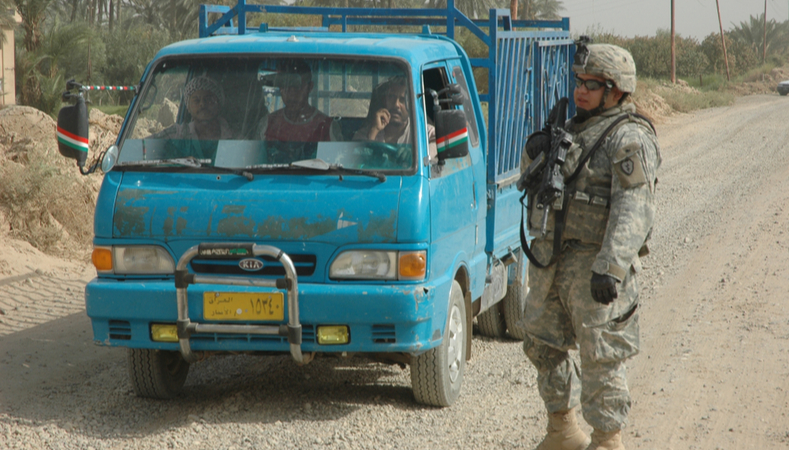How Iraq’s Al-Hashd Al-Shaabi turned into an Iranian foreign policy instrument

It is seven years since their yellow flag first appeared in the campaign against Daesh. The conglomeration of predominantly Shiite militias was first formed in June 2014 to defend Iraq against Daesh. It is the extremist group that captured northern Iraq and eastern Syria and Mosul in 2014. Thereafter, fighters of Al-Hashd Al-Shaabi won the admiration of many Iraqis in favour of Grand Ayatollah Ali Al-Sistani’s decision to allow arms.
With time, this organization adopted a more sinister cause to hurt humankind. In May 2021, Hashd fighters forcefully took the centre stage with their power in Baghdad’s Green Zone. That is predominantly Iraq’s most politically active area. They then and forced the country’s elected leaders to release Qassim Musleh. Qassim is a Hashd commander who was arrested in Anbar province earlier.
With the reputation of being a brutal oppressor and ruler, Musleh in 2019 along with thousands of Iraqis took to the centre of Baghdad to protest against systemic corruption and Iran’s influence over their country’s affairs. Therefore, after the days of continuous protests, snipers from Hashd units killed dozens of people. Musleh and his Iranian sponsors are thought to have been instrumental in ordering the killings. His recent arrest was in connection with the May 9 murder of Ihab Al-Wazni, a prominent activist in the southern shrine city of Karbala.
Reviewing the current state of terror, Emily Hawthorne, a the Middle East and North Africa analyst says, many Iraqi activists have been speaking out against Iran-backed militias’ ability to operate outside the boundaries of the law, and it makes sense that the militias would then seek to silence anyone working to constrain their positions of power.
On the other hand, Kyle Orton, a researcher, believes Iranian-controlled militias in Iraq were behind the worst atrocities against anti-corruption protesters. She asserts that the Hashd is fairly clearly more powerful than the Iraqi security forces, both in its ability to control the social and street-level space and the political sphere, with its control of key ministries and its effective veto-wielding bloc in parliament.




